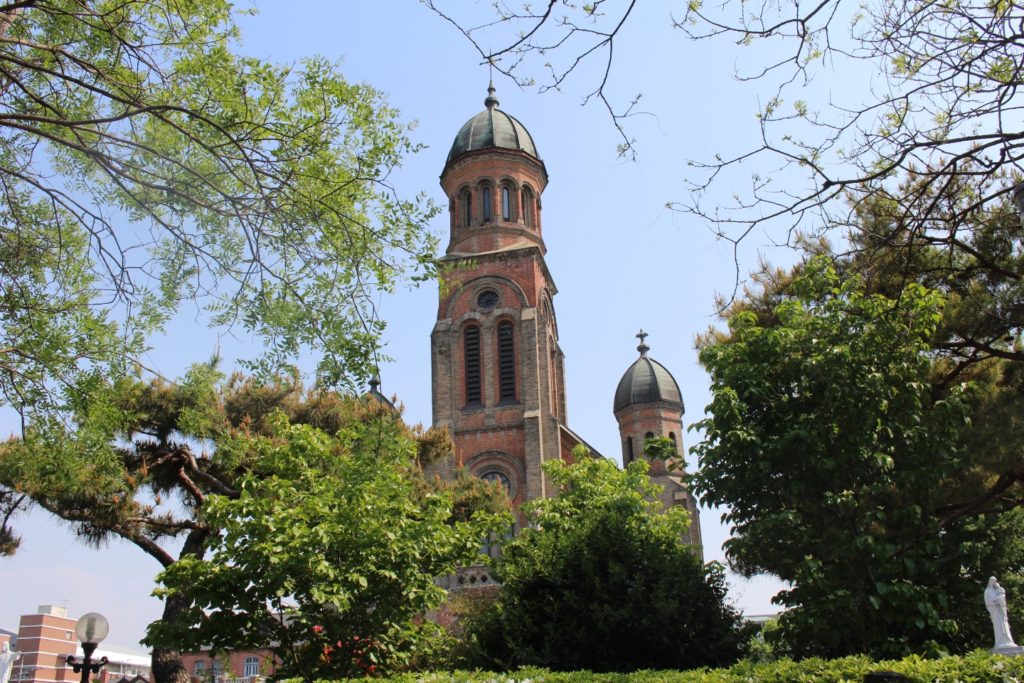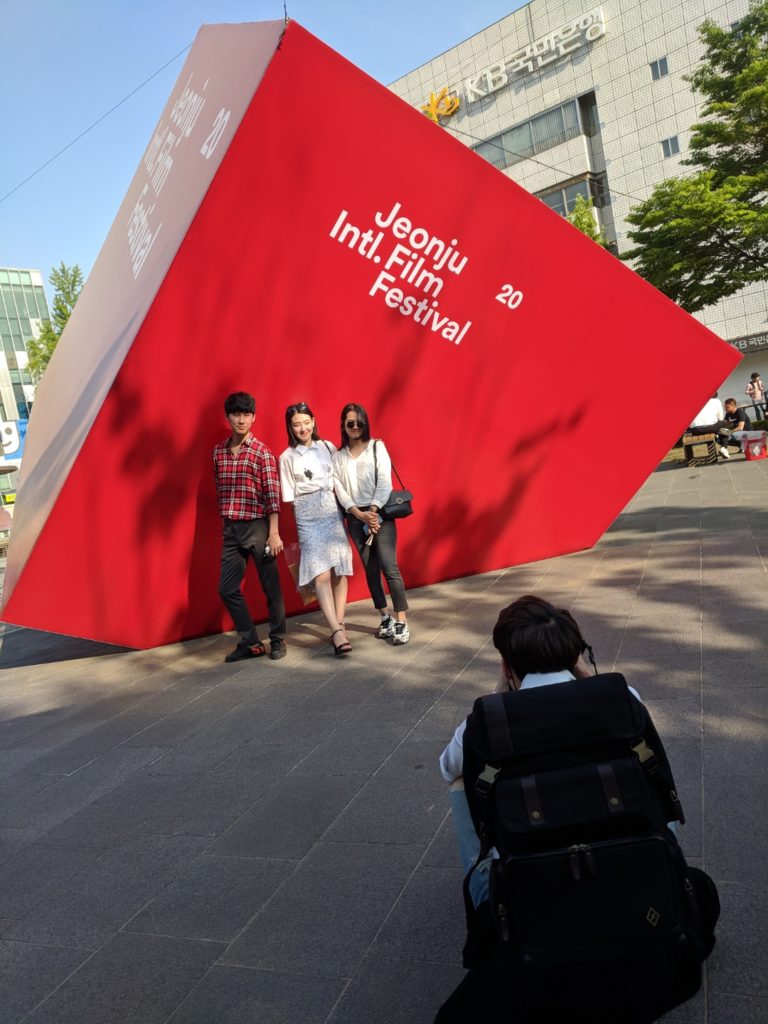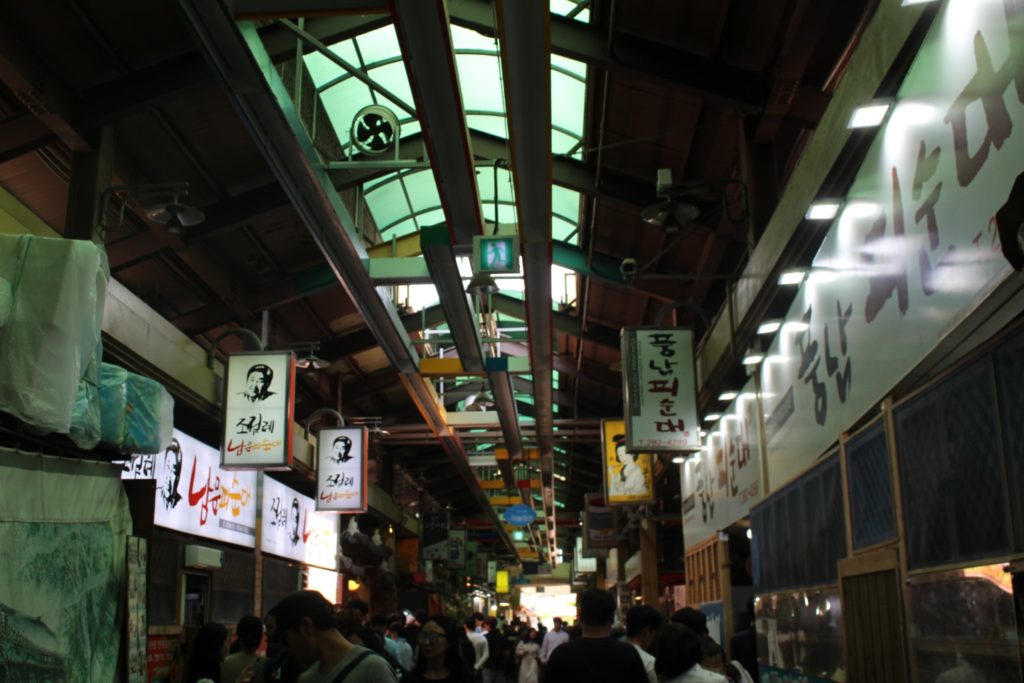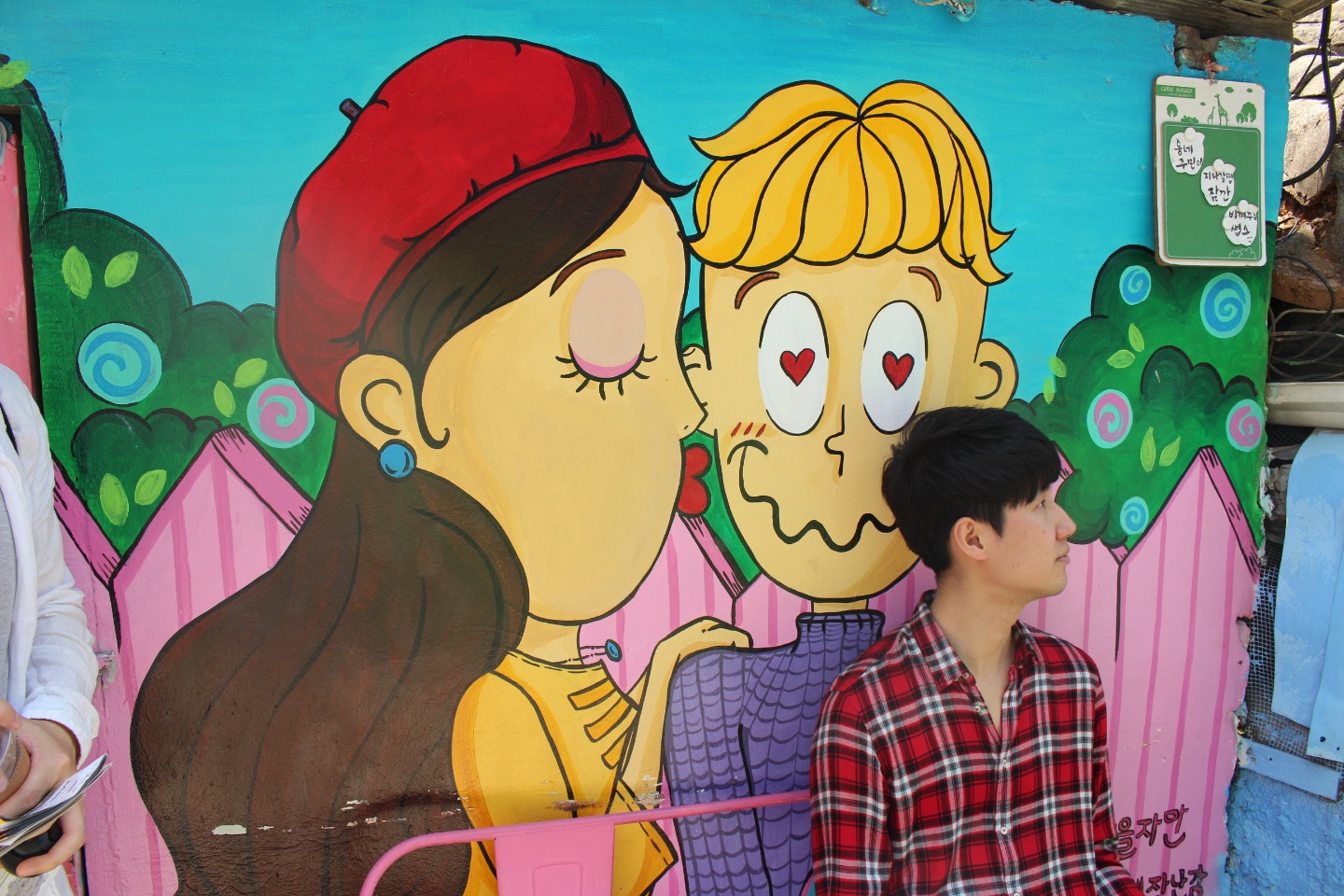Three Reasons Why You Should Have Visited Jeonju a Long Time Ago!
Written by Cami Ismanova
The city of Jeonju is well known over the “Land of the Morning Calm” and attracts both tourists and locals to its annual festivals, events of international scale, and the hospitality of its residents. Jeonju is the sixteenth largest city in South Korea and the capital of North Jeolla Province. Historically, it also used to be the capital of the Hu-Baekje Kingdom (Later Baekje, 후백제) founded by King Gyeon Hwon.
Nowadays, Jeonju successfully connects both historical and modern elements, making it appealing to include this city on your list while traveling around Korea. Besides popular tourist sites like the Hanok Village and Jaman Mural Village, there are a lot of large-scale events going on in the city that are truly worth attending while in our second home, Korea. But how do we choose the right time to go on a trip to catch Jeonju in full swing?

Well, there are three major festivals that you might be interested in. The one we should look forward to in the near future is the Jeonju International Sori Festival. The festival was first held in 2001 and has become the main event for folk music such as pansori (판소리) in South Korea. Every fall, the city offers a spectacular festival of traditional music and invites the most talented and respected artists from all over the country. It not only preserves the original elements of Korean traditional music but also introduces the modern international music of today, uniting listeners of many genres together. The audience can enjoy a grand gala for the opening and closing ceremonies, outdoor stages, master classes, and music workshops for kids and adults. The Jeonju International Sori Festival was listed among “25 of the Best World Music Festivals” by Songlines, the popular British world music magazine, and was the only Asian music festival on the chart in 2014. You can find relevant information at sorifestival.com. The website supports the English and Japanese languages, which makes it super convenient to use.
The second festival of the trio is the Jeonju Bibimbap Festival, but I personally call it a gustatory paradise. This festival is focused on serving the widely popular Jeonju bibimbap – a bowl of rice topped with a great variety of vegetables, beef, and chili pepper paste. It is also held in the fall, particularly during October 23–26. So, if you are a huge fan of bibimbap (or Korean cooking in general), you had better mark these days on your calendar and prepare to gain some weight along with happy chubby cheeks. Once you are there, you can enjoy some of the most stupendous performances, such as the mixing of four hundred servings of bibimbap into one gigantic portion, various concerts, magic shows, and meals at the night market. The location of the festival is in the Jeonju Hanok Village, which you can get to by taking bus number 12, 109, or 60 from Jeonju Station. The tickets are free of charge but booth activities might charge a couple thousand won. All information is provided at bibimbapfest.com, which also supports the English, Chinese, and Japanese languages.

The third and one of the grandest events in Jeonju, which I happened to attend in person, is the International Film Festival (IFF). The city celebrated its 20th anniversary of the festival in May by gathering gifted artists under this year’s official slogan: “Cinema: Liberated and Expressed.” The organizers put in a lot of effort to meet modern standards in choosing progressive, creative, and experimental movies. When I visited this year, the festival included 275 films from 53 countries. The governor of Jeollabuk-do, Song Ha-jin, said, “At the 20th Jeonju IFF, we will demonstrate the growth of local films in various contents, genres, and film formats through formats looking at the past, present, and future vision.”
A significant feature of the Jeonju International Film Festival is that it encourages local filmmakers to introduce movies that are not limited by power or social prejudices. The festival is held annually from the end of April to May for ten days. The tickets are available online and vary from 5,000 to 15,000 won, depending on the type of screening. The award ceremony is free of charge and operates on a first-come, first-served basis with a usual limit of 50 people. All information about the venue, the artists, and the movies can be found on the official website eng.jeonjufest.kr.

All of the festivals and events mentioned above would not be as absorbing and thought-provoking as they are without a lovely local community that welcomes you with warm smiles and guides you on your journey through its wonderful city. The music, the food, and the movies are international, and we can all share and enjoy them together. But often what truly touches our hearts and leaves a memorable footprint in our minds are the people we have met on the way.
Photographs by Yu Hee Sang
The Author
Cami is a student in Chonnam National University majoring in economics. She has lived seven years in Russia and two years in Turkey when she was younger. Cami writes poems both in English and Russian as one of the ways to express herself. She happens to love traveling around and reading classics.







